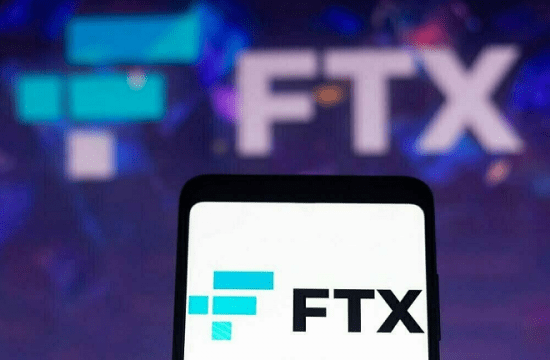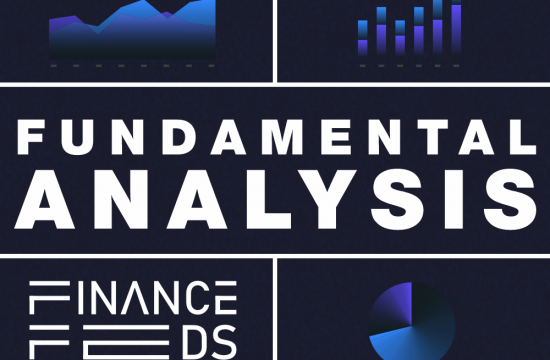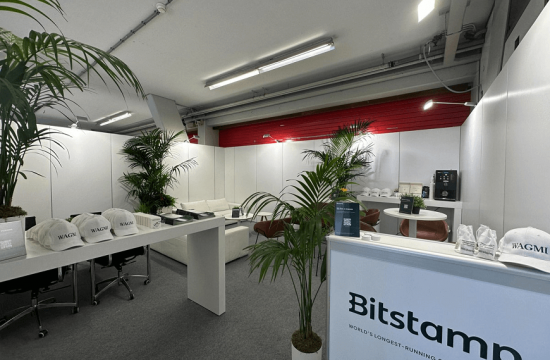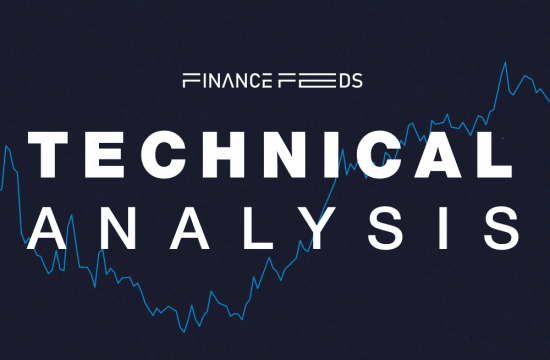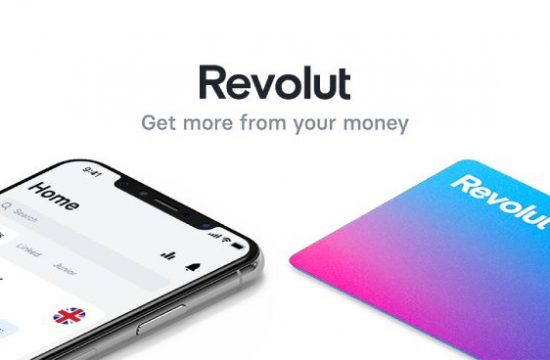Memecoins have been a fixture in the cryptocurrency world since 2013, when Dogecoin ($DOGE) first emerged as a playful spin-off of Bitcoin. With a Shiba Inu dog as its mascot, Dogecoin began as a joke but quickly gained traction thanks to internet culture and celebrity endorsements. Other memecoins, such as Shiba Inu ($SHIB) and Floki Inu ($FLOKI), followed in its footsteps, growing in popularity by relying on viral marketing, humorous branding, and a loyal community of enthusiasts.
Despite their humor-driven origins, memecoins have also been notoriously volatile and speculative. Lacking the clear use cases of more established cryptocurrencies like Bitcoin and Ethereum, memecoins have primarily been regarded as risky assets, with price movements fueled by hype and internet trends rather than inherent value.
Utility tokens vs Memecoins
Utility in digital assets refers to how a cryptocurrency can be used for a practical purpose within a blockchain ecosystem. For example, Ethereum allows developers to build decentralized applications (dApps) on its platform, while tokens like Chainlink enable smart contracts to access real-world data.
In contrast to this, most memecoins have traditionally offered no real utility. Their primary goal has been to generate attention, often serving as a speculative play to drive up their market capitalization. Critics argue that they are little more than marketing stunts designed to attract investors seeking short-term gains.
Memecoins are often designed to generate buzz, not to serve as functional tools within a blockchain ecosystem. This is where they diverge from “utility tokens,” which are meant to facilitate specific activities like staking, governance, or providing access to services on a network.
For the majority of memecoins, their value is driven by community engagement, social media trends, and occasionally the endorsement of celebrities or influencers. When the hype fades, so does the value of these tokens, leading many to label them as highly speculative and risky investments.
WOMIO, MemeBet, and Flockerz claim to be useful
Despite the notorious non-utility nature of memecoins, several projects are trying to break the mold by promising real-world utility. WOMIO, MemeBet, and Flockerz are three memecoins that claim to offer more than just hype.
WOMIO: A multichain memecoin platform, WOMIO ($WOMIO) provides tools for creators and investors. Its key feature is allowing projects to launch tokens across multiple blockchain networks, making it easier for new memecoins to emerge. Investors can stake WOMIO tokens and earn a share of each newly launched memecoin. While WOMIO promotes itself as offering “multichain memes,” the real question remains whether this staking mechanism and multichain support offer significant utility beyond attracting more speculative tokens.
MemeBet: A gambling-focused memecoin, MemeBet ($MEMEBET) merges online gambling with memecoin culture. The platform allows users to wager on traditional casino games and sports, all powered by memecoins. Integrated with the Telegram messaging app, MemeBet promises easy, anonymous access with no Know Your Customer (KYC) requirements. While it sounds innovative, MemeBet’s core offering—enabling gambling through memecoins—still raises questions about whether it can establish lasting value or is simply another way to attract attention.
Flockerz: Calling itself “the people’s memecoin,” Flockerz ($FLOCK) offers a decentralized governance model through its Vote-To-Earn DAO system. Token holders can vote on project decisions and earn rewards for participating. By emphasizing community involvement and staking rewards, Flockerz aims to distinguish itself as a memecoin with real user engagement. However, governance rewards are not a new concept in the crypto world, making it unclear whether Flockerz’s features truly set it apart from the broader DeFi space.
These three memecoins claim to provide utility in an effort to differentiate themselves from their non-utility counterparts. WOMIO pitches its multichain tools and staking system, MemeBet taps into the online gambling market, and Flockerz promotes community governance. Each project claims to offer more than just speculation, promising tangible benefits to their users.
While WOMIO, MemeBet, and Flockerz are attempting to prove that memecoins can offer utility, skepticism remains high. Memecoins are, at their core, built on attention and viral marketing rather than the robust utility that more established digital assets provide. Although these projects may introduce novel features, it’s hard to shake the sense that they are still memecoins at heart—more about generating buzz than revolutionizing the blockchain space.
Still, with the rapid pace of innovation in crypto, who knows? Perhaps one of these projects will buck the trend and usher in a new era of utility-driven memecoins. For now, though, the burden of proof lies squarely on their shoulders.






